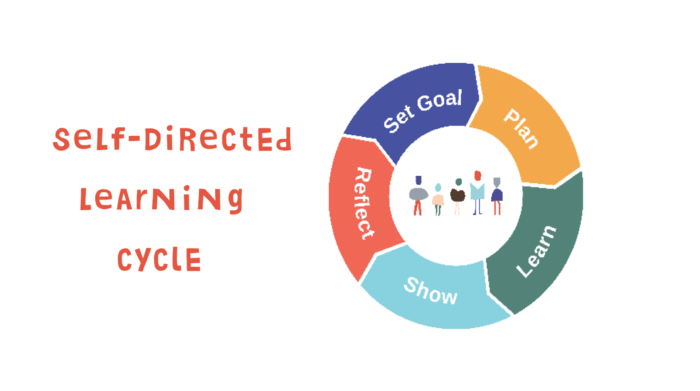
Heather Zacarias previously served as Principal at Adams Elementary in Oklahoma City Public Schools and recently joined John Rex Charter as the Director of Elementary Education. Mentoring has become essential to her work as a school leader.
Being an elementary school principal in a low socioeconomic, high minority inner city school definitely has its daily challenges. My time is a commodity.
So, when Adams Elementary in Oklahoma City Public Schools decided to provide Summit Learning to our 6th grade students in school year 2016-17, I surprised even myself when I volunteered myself and my assistant principal to each take on two to three students to meet with every week for 1:1 Mentoring sessions.
The process of mentoring 5th and 6th grade Summit Learning students brought to life the Program’s process of self-directed learning and Habits of Success. It restored my energy, refreshed my soul, and reminded me of the reason I became a school leader.
Mentoring Makes Human Connections
As my mentees and I got to know each other, we worked through the self-directed learning cycle, which teaches students to set goals, develop a plan to achieve those goals, learn what they need to know, show evidence of what they have learned and reflect on the process.

I started to realize how impactful this work they were doing in Summit Learning was to their everyday lives.
During that first year, I saw two students open up about their academic progress and struggles. I listened to these students each tell me personal stories about their families, their lives, their thoughts of the future. I felt the same sense of overwhelming joy and pride when they completed a project or passed a content assessment and I felt the same disappointment and sadness when they didn’t meet a goal they had set.
We worked to set new goals, revisit past goals, and journeyed through the process of defining and developing Habits of Success. It became evident that this short 15 minutes once a week was changing the course of my students’ lives.
Mentoring Uncovers Truths
I remember one particular evening that year that will forever be stamped in my heart. During the spring parent teacher conference night, I happened to pass my mentee’s mother in the hall after she had attended her youngest son’s parent teacher conference.
My mentee wasn’t there but I stopped his mom in the hall and told her how much I enjoyed spending time with her older son each week in our mentoring sessions and how much he had grown and matured over the course of the year.
I took her hand in mine, looked her in the eye, and said with complete confidence and truth that I believed her son would go to college because the skills he had been demonstrating all year were the same skills needed to be a successful college student. She cried, we hugged, and she thanked me for sharing that with her.
As she walked away, I knew that without mentoring, that conversation would have never taken place and that truth would have never been told.
I continued to mentor last year as well and this time, I was given three students in 5th grade with special education needs. The drive and determination I was able to see, hear about, listen to, and be a part of was again restorative, refreshing, and a reminder of why we do what we do everyday.
Mentoring is for Any Invested Adult
Mentoring isn’t just for the teachers, it’s for any adult in the building who is interested in investing 15 minutes a week to become a part of a life-changing experience for a child.
Mentoring is an essential component of a child’s education that should never be left out.
In Building Blocks for Learning, A Framework for Comprehensive Student Development, Dr. K. Brooke Stafford-Brizard said, “Relationships are the fuel for human development; they foster trust and belief, and are a buffer against stress.”
The student and adult learner relationship is strengthened through mentoring because it is the human side of Summit Learning. It is the relational connection to the immense amount of effort, work, growth, and grit we ask of our students every day.
Mentoring allows us to walk that journey together, where both learners — the adult and the student — feel challenged, safe, connected, and cared for.
Inspired to become a mentor? Read on to learn about one Summit Learning teacher’s four tips for strengthening mentoring relationships.

